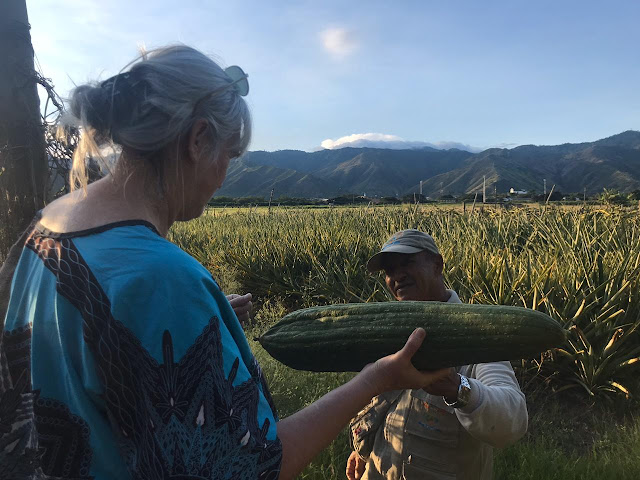Encouraging Colombian Smallholder Fruit Producers

Solanum quitoense , known as lulo in Colombia and as naranjilla in Ecuador and Panama is one of the most popular and loved fruits by Colombians. In February 2020, Isaiah Wunsch volunteered with Farmer-to-Farmer in Colombia to train and work with staff and associates from a smallholder farmer association that produces this beloved fruit. Isaiah has a B.A. in Public Policy and a M.S. in Agriculture, Food, and Resource Economics and spends five to six months out of every year working at an apple farm in Michigan and the rest of the year working as an agricultural consultant. His experience in marketing fresh produce, introducing new packing systems, creating financial models, handling customer relations, and opening new markets made him the perfect volunteer to support APRHOSEPAS. APRHOSEPAS is an association of 70 lulo producers, located in the El Dovio municipality of the Valle del Cauca department. They sell their produce together to big supermarket chains in the country but ar







